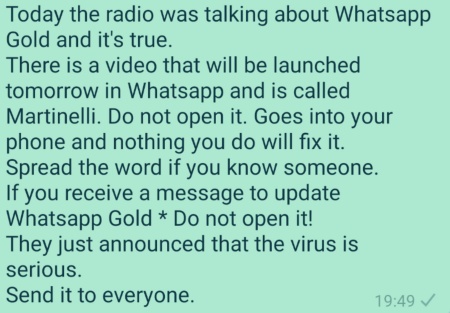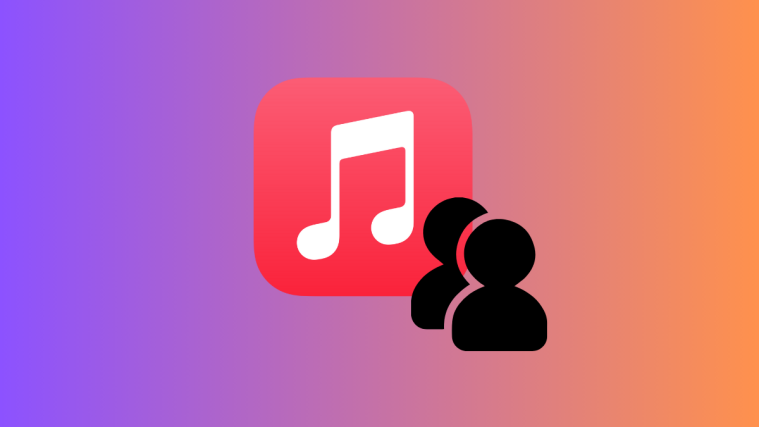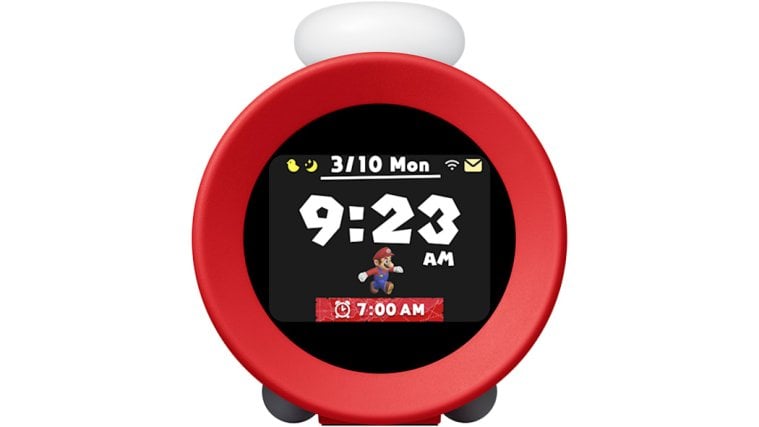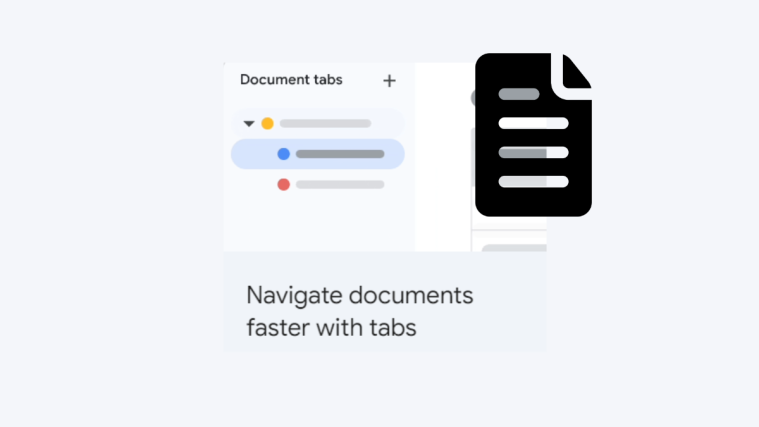What to know
- The WhatsApp Gold hoax of old is back, luring users into clicking on a link with promises of an upgraded, more premium version of WhatsApp.
- There’s also a related scam that warns users not to engage with a ‘Martinelli’ and a ‘Dance of the Pope’ video but urges users to spread the message. This in itself is a scam to cause undue panic amongst users.
- Do not engage with any such messages or perpetuate the scam by forwarding them. Such hoaxes have been around since 2016 and return every couple of years in slightly different avatars.
Scam alert! The WhatsApp Gold hoax of old is back and with a vengeance. If you receive a message inviting you to download and update WhatsApp to a never-before-heard ‘Gold’ version, know that it is a complete and utter hoax, not least because there is no such Gold version and possibly never will be.
Users have reported receiving a message that urges users to click on a link if they want to get a free updated version of WhatsApp. But there are also different versions of the same scam that have been circulating the internet for many years.
Here’s what the WhatsApp Gold hoax message looks like.

Now, let’s put aside the glaring grammar and formatting errors for a minute – common amongst all such scam messages – and look at the content itself. The message claims to give you access to a ‘secret’ WhatsApp Gold version and urges you to click on the link to download it. We all know what happens when you do that, especially since there is no such thing as WhatsApp Gold. All WhatsApp updates are rolled out automatically via the app itself or the Play Store and the App Store.
Then there’s another WhatsApp scam. Its message may look like this:

The second message, a related hoax, warns against opening a ‘Martinelli’ video and (in other iterations) a ‘Dance of the Pope’ video while urging users to forward it. So the scam itself is disguised as a warning against scams. But there are no such videos (no surprises there) just as there is no WhatsApp Gold. Such tactics are not unheard of, but many users are falling for it and forwarding the message to others, which is creating unnecessary panic.
The scam message started appearing first in 2016 and reports suggest that it makes an appearance every two years or so. One would think that over the years the scammers would have learnt to type at the very least, and not curate messages as though they were written by teenagers.
WhatsApp Gold, and other related scams, appears to be a perennial effort on the part of scammers to infect your device or, at the very least, to cause undue confusion. The content of the message may change but the intent is always the same – click on the link, download malware, forward the message, etc.
Whenever you get such messages, simply delete them, or do a quick Google search about it and report it to your local cyber security authorities. If you’re unsure, screenshot it and post it on the web. The denizens of the web will help you wade through the world of scam. Until next time! Stay safe.





